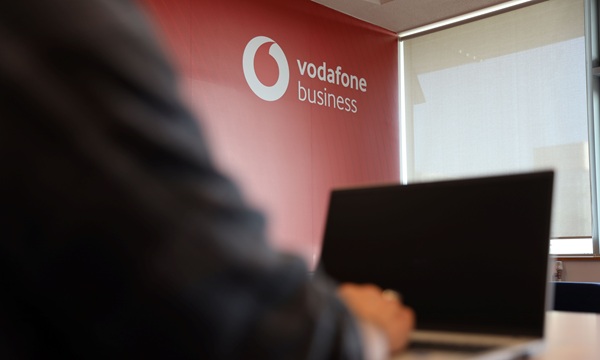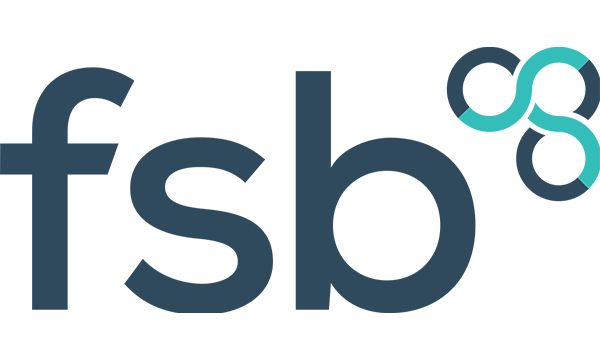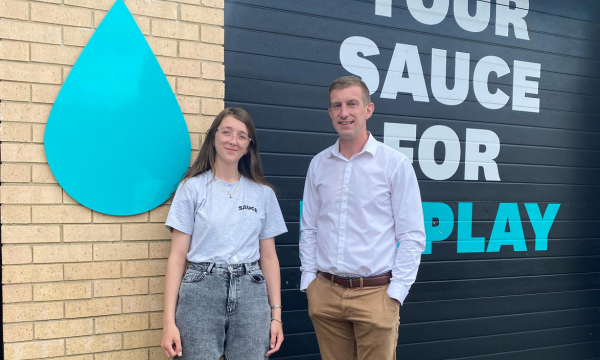A businesswoman has achieved her dream of opening a shop in Cardiff to sell clothes that combine fashion with traditional spiritual values with the help of a loan from the Development Bank of Wales.
Rifhat Qureshi is the founder and managing director of Modest Trends.
The 42-year-old Cardiff-born mother of three works full-time in a consulting role as an enterprise officer for Cardiff University but she has always been interested in fashion.
 She said:
She said:
“As I grew older and became more spiritual, I started to realise it was difficult to find things that were suitable for me.”
On journeys to Dubai and Morocco, Rifhat saw that the fashion styles there were very different to what was offered here in the UK. At the same time, the modest fashion movement, which emphasises loose clothing that covers up the body, was starting to emerge in Britain.
“When I first went out to Dubai in 2012, I didn’t feel confident that there would be enough of a market but, as time went on, I noticed there was a change. I started to get more intrigued and interested in bringing back abayas particularly, which are quite difficult to get in the UK,” Rifhat said.
Abayas are loose, robe-like garments worn by Muslim women all over the world, but particularly in Arab countries and North Africa.
Traditionally, abayas are black but Modest Trends offers them in an exciting range of colours, textures and prints from grey pearl to wine red, and with stylish details such as intricate lace work and fluffy hems.
Modest Trends’ fashionable clothes are targeted at young Muslim women aged 16-35 who make up Generation M.
These women are more likely to be in work and have disposable income compared to their mothers or grandmothers and want to wear clothes that represent their spiritual values and cultural identity but are also fashionable.
Previously, Muslim women might have travelled to Birmingham, London or Manchester to find clothes of a comparable style or quality.
“We’ve got a lot of Arabs, Somalis, Pakistanis, Bengalis and converts in Cardiff who would like to shop in stores like this,” Rifhat said.
“It’s always been an ambition of mine to have this store, so for it to become reality is a dream come true.”
She imports most of her abayas from Dubai because the quality is better. She also tries to work with small scale manufacturers who take an ethical approach to their business.
Now Rifhat is focused on getting the word out about Modest Trends, using the funding to develop and launch the website, work with influencers on Instagram and advertise digitally. The loan will also be used to employ new members of customer service staff.
Her long-term goal is to have a one-stop shop for Muslim women to buy different sorts of clothing such as abayas, salwar kameez and high street styles that fit in with the modest fashion approach, as well as a sportswear range to be launched soon.
Although she was initially reluctant to take out the £12,000 loan from the Micro Loan Fund because of her religious beliefs, she found the Development Bank of Wales to be very understanding and supportive.
Donna Strohmeyer, Investment Executive at the Development Bank of Wales said:
“The Development Bank is keen to support people and new businesses with start-up costs and we are delighted to help Rifhat set up her fashion business targeting a gap in the market.
Her plans to grow the business and create employment opportunities for Muslim women demonstrates her desire for the business to be rooted in the community it serves. I wish her every success with her plans.”







